
Christian Reflections on the Leadership Challenge
Read offline
Recommendation
According to the authors and contributors, the example of Jesus Christ contains indispensable lessons for leadership. However, in the Gospel, Jesus seems to have commanded disciples primarily to love God and one another. He never seems to have promised success in worldly business affairs or to have offered managerial precepts. On the other hand, in the parable of talents he taught his followers to be fiscally conservative and to invest wisely. To their credit, the authors and editors who compiled this book acknowledge that Christianity never set itself up specifically as a recipe for business success. Regardless, they conclude that applying the precepts they identify will lead to success. The leadership guidelines they quote make sense and do not exclude thoughtful businesspeople of any theological background. The authors illustrate their advice with amusing, instructive anecdotes. The counsel is accessible, ethically illuminating and personally inspiring, although if you usually skip the sermon, it may not be for you. getAbstract.com believes that its primary appeal will be to Christians who seek to serve as servant leaders in their communities and workplaces. Editor’s Note: The Five Practices of Exemplary Leadership is a registered trademark.
Summary
About the Authors
James M. Kouzes and Barry Z. Posner co-wrote The Leadership Challenge and related works on secular leadership. Kouzes is an executive fellow at the Center for Innovation and Entrepreneurship at the Leavey School of Business, Santa Clara University, and chairman emeritus of the Tom Peters Company. Posner is the dean of the Leavey School of Business at Santa Clara University. John C. Maxwell has written more than 30 books. David McAllister-Wilson is president of Wesley Theological Seminary. Patrick Lencioni is author of The Five Temptations of a CEO. Ken Blanchard is co-author of the best-seller The One Minute Manager and other business books. Nancy Ortberg is a teaching pastor.




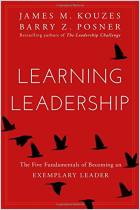
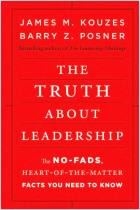
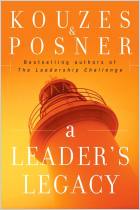
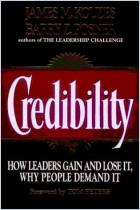
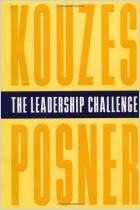
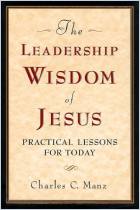
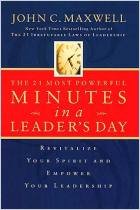
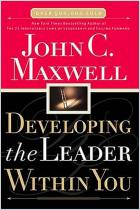
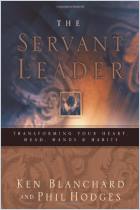
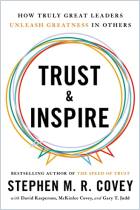
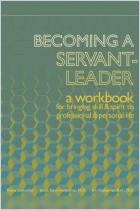





Comment on this summary